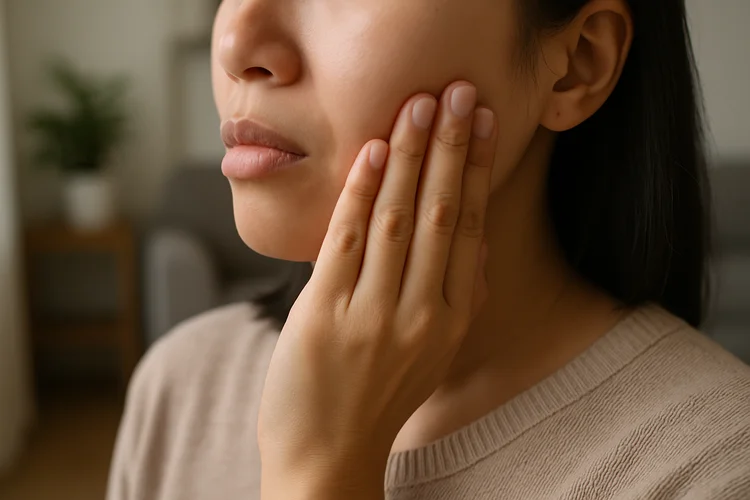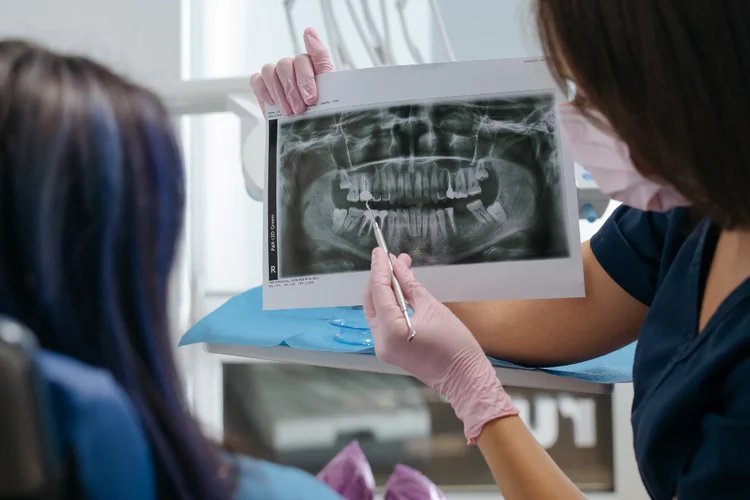Considering a second opinion on your dental treatment? Making decisions about
dental care can sometimes feel like a big step, especially when complex procedures
or longer-term care are involved.
It is normal to want extra clarity before proceeding, and you
should not feel uncomfortable about asking for another perspective. After all,
it is your oral health and your money.
Seeking a second opinion gives you the opportunity to hear another perspective,
consider alternative options that may be suitable, and feel more confident about
making the choice that best supports your oral health.
When Should You Consider a Second Opinion?
A second opinion is most helpful when major or costly dental
procedures are recommended, or if you feel uncertain about a diagnosis
or treatment plan.
Common treatments where a second opinion may be useful include:
- Dental fillings when several restorations have been recommended
- Root canal therapy when extraction has also been suggested
- Extensive restorative work, such as multiple crowns or veneers
- Orthodontic treatment for alignment or bite correction, including braces or Invisalign®
- Dental implants as an alternative to bridges or dentures
- Oral surgery procedures, such as sinus lift, jaw surgery, or bone grafting

How a Second Opinion Can Benefit You
A second opinion can support your decision-making by giving you reassurance
and helping you feel more confident about the next steps in your dental
care.
It is not about questioning a diagnosis but also about expanding your perspective
on what may be possible for your individual needs.
Some ways a second opinion can benefit you
include:
- Confirming whether treatment is necessary before you proceed reducing the risk of undergoing unnecessary or premature procedures
- Presenting alternative approaches that may not have been discussed initially
- Providing a comparison of costs to help you plan your budget more effectively
WhatsApp Us Now
What to Expect at a Second Opinion Consultation?

At True Dental Studio, a second opinion consultation typically involves:
- Reviewing your dental history and carrying out a thorough examination
- Taking or reviewing diagnostic imaging, such as dental X-rays or a CBCT scan, if required for a more detailed view
- Explaining our assessment of your dental condition
- Discussing treatment options that may be suitable for your needs, including the potential risks of proceeding or delaying treatment, the expected benefits, and long-term outcomes
- Providing an outline of the expected treatment duration and costs
During this time, you are welcome to ask any questions about your condition or treatment, and our dentist will address them as clearly as possible.
What to Prepare When Seeking a Second Opinion?
Preparing for a second opinion consultation can make the process smoother and more
valuable. Having the right information on hand allows our dentist to provide a
thorough and clearer assessment.
You can prepare by:
- Trying to understand the treatment that was recommended and the rationale behind it
- Bringing copies of your dental records, treatment notes, or x-rays from previous visits
- Listing any symptoms, concerns, or changes you have noticed in your oral health
- Writing down the questions you would like answered during the consultation
Being open and clear about your goals for the second opinion will help us tailor the discussion to your needs and provide guidance that is most relevant to your situation.
How Much Does a Second Opinion Consultation Cost?
At True Dental Studio, we believe in transparent dentistry by providing treatment only when it is clinically appropriate and ensuring you are clear about the care you receive. Our fees for a second opinion consultation are as follows:
| Treatment & Services | Price* |
|---|---|
| Second Opinion Consultation | $27.25 to $65.40 |
| Dental Scaling and Polishing (PROPHYflex®) | $98.10 to $174.40 |
| Fluoride Treatment | $27.25 to $65.40 |
| Dental X-ray | From $35.97 |
*Prices are NETT and inclusive of GST.
How to Book a Dental Appointment for a Second Opinion?
Book Dental Appointment
Book NowEnquire More Through Email
Email Us NowEnquire More Through WhatsApp
WhatsApp Us Now
Over 30% of adults feel anxious about dental visits.
Dental visits can indeed be stressful, but at True Dental Studio, we are gentle and patient, committed to helping you feel at ease during your visit.
Why Choose True Dental Studio?
Friendly Dentist and Team
We treat every patient to the best of our ability. This is why families across Singapore have continued their dental care with us for years.
Minimal Discomfort
We are committed to keeping our patients as comfortable as possible, minimising any discomfort during treatment.
Affordable Treatments
We believe in pricing quality treatments at a competitive rate. We are transparent and upfront with our treatment costs.
Our Smile Scorecard
Frequently Asked Questions
It is reasonable to get a second opinion on tooth extraction, particularly if alternatives like root canal treatment or crowns may be possible. Another professional assessment can determine whether extraction is truly required or if the tooth can be preserved, while also discussing the risks of delaying treatment. This helps you weigh different approaches and decide with greater confidence.
Key signs that a treatment is appropriate include having the diagnosis explained clearly, seeing supporting evidence such as x-rays or images, and receiving a discussion of the reasons for the recommendation. If you would like added reassurance, seeking a second opinion can provide another perspective and help you feel more confident about whether the proposed treatment is suitable for your needs.
You can get a second opinion by simply booking a consultation at another dental clinic. Being clear about your concerns and goals will help the dentist provide a tailored assessment. Do remember to bring your records, treatment notes, or x-rays, as these give useful context. This process allows you to compare recommendations and gain reassurance before proceeding with treatment.
Dentists can sometimes differ in their assessments of cavities, particularly when they are small or developing. Diagnostic tools like x-rays or digital scans help reduce uncertainty, but interpretation may vary between practitioners. If you feel unsure, a second opinion can clarify whether immediate treatment is needed or if monitoring is appropriate.
Getting a second opinion for dental work can be a practical step when treatment is complex, costly, or unclear. It helps confirm whether the proposed procedure is necessary, introduces possible alternatives, and allows you to compare costs and approaches. This added perspective can provide reassurance and support more confident decision-making.
You can tell a dentist what you want done, but treatment decisions should balance your preferences with professional judgement. A good dentist will listen to your concerns, explain whether your request is clinically appropriate, and outline other suitable options. Open discussion ensures your care plan aligns with both your goals and recognised dental standards.

